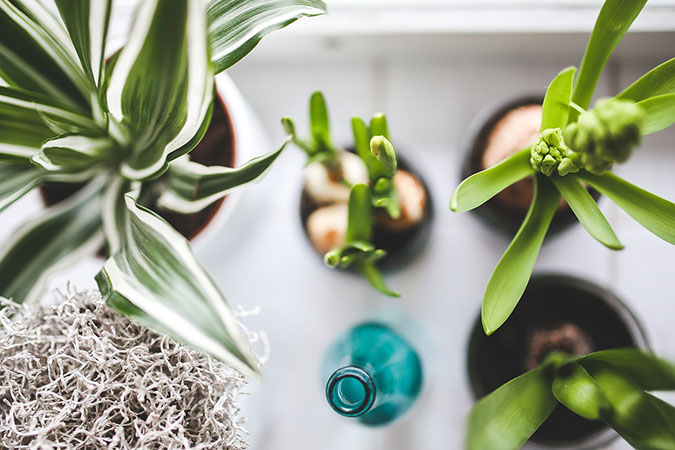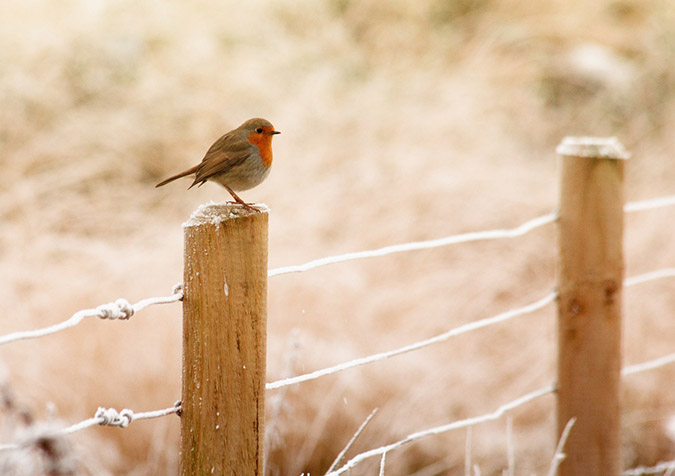It may be cold outside, but there are still lots of fun things for gardeners to do. Here are 10 ways to hone your gardening skills in winter.

Image by Karolina Grabowska from Pixabay
10 Fun Things Gardeners Can Do During Winter
Every winter my YouTube channel and my blog stats plummet into the abyss. That’s the sad reality of being a gardening personality. When no one is gardening, you’re a nobody.
You’re yesterday’s news.
You’re as useful as the rotting remnants of a frozen tomato plant.
You May Also Enjoy:
“The Kidney Wrap: Prepare Your Body For Winter”
For gardeners, the winter is usually a big dead zone. What can you do when there’s frost in the air and the last of the persimmons is long gone?
Other than look through seed catalogs and long for spring, that is.
Well, there’s quite a bit you can do, it turns out. Here are 10 fun ideas.
1. Plan Out Garden Beds

Image by Christian Reil from Pixabay
Do you like to draw pictures? Why not draw some imaginary gardens?
You can get out some paper and a pencil, then sketch out different garden plans for spring. Perhaps a big set of 4′ x 8′ beds with 2′ wide paths would be good. Or a free-flowing design. Or a giant secret Crusader cross design that can only be seen by passing aircraft.
You May Also Enjoy:
“Easy Raised Beds With Only 2 Tools”
Play around with a pencil and paper—it’s a lot easier than digging. You have all spring for the hard stuff.
2. Coppice
Coppicing is when you cut a tree all the way to the ground so it will grow back with multiple trunks. The wood can be used for firewood, then when the new trunks grow back, they can be cut again a few years later for more firewood. When done properly, coppicing can supply wood for many generations. Here’s a great video on how it’s done:
3. Order Bare Root Trees
I like to plant fruit trees every spring when I plant my spring gardens. If you’re short on space, I recommend you read this article on keeping fruit trees small. You can fit in a lot more fruit than you might think.
You May Also Enjoy:
“Short on Space? Plant an Edible Hedge!”
Bare root trees can be ordered in winter, then they’ll be shipped to you in the spring. Plant them bare root and it’s like they don’t even know they were transplanted. It’s a great way to establish an orchard. My favorite supplier of bare root trees is Grow Organic.
4. Compost
If you have mild winters, stack up those fall leaves in big piles and feed them your kitchen scraps all through the winter.
You May Also Enjoy:
“5 Inexpensive, Simple Solutions For Small-Space Composting”
“Simple & Effective Worm Composting (VIDEO)”
“Aerobic Compost Tea, Worm Tea, and Leachate—A Clarification”
I managed to keep a hot compost pile running through the winter in Tennessee by building my compost pile inside an old, gutted refrigerator on its back. I took off the doors, then put a piece of plywood on top with a couple of blocks to hold it down. Because of the insulated walls, it stayed warm and kept on composting.
5. Make Biochar
Too cold to compost? Maybe it’s time to light some big fires and make some biochar you can add to your spring gardens. Here’s my friend Steven’s method of turning brush into char:
6. Clean and Sharpen Your Tools
Sharp tools make gardening much more enjoyable. Use the winter to take an inventory of your tools.
Add handles to old hoe heads and put them back into service, sharpen shovels, oil all the tool handles with linseed oil, knock off mud and rust, patch and paint old metal wheelbarrows—it’s a good time to take care of what you have and put your tools back into good serviceable shape. I have a beloved antique hoe that I’ve been re-handling and sharpening for years:
7. Take Up Houseplant Growing
If you really need some more green in your life, why not add some ivy or a nice Monstera to your plant collection?
You May Also Enjoy:
“9 Beautiful, Edible Ornamental Plants”
Get TGN’s New Immunity Support Kit at an Incredible Discount
There are a wide range of low-light tropical plants that thrive indoors when given a little care. They’ll also add oxygen to your house and help clean the air.
8. Read Good Books
There’s always something new to learn. I’ve spent many a bad weather day indoors with a book. Some of my favorite gardening authors include Steve Solomon, Toby Hemenway, Ruth Stout and Rosalind Creasy… and I’m a huge fan of Julia F. Morton.
Two of the newer books I’ve picked up and will read this winter are Paul Wheaton’s “Building a Better World in Your Backyard” and Michael Judd’s “For the Love of PawPaws.”
9. Watch Garden Videos on YouTube
YouTube gardening channels are a never-ending source of great gardening and homesteading videos. Wranglerstar, Skillcult and Dirtpatch Heaven are some of my favorites. Wranglerstar is also on the YouTube alternative Unauthorized.TV, along with yours truly.
You can also set aside a freezing day and check out three long-form gardening demonstrations I did for The Grow Network.
10. Look Through Seed Catalogs and Long for Spring
…and of course, when all else fails, you can still look through seed catalogs and long for spring. It’s a tried and true classic.
Enjoy the cold … spring is coming. Eventually!
____________
This article was originally published on February 5, 2021.
The Grow Network is a participant in the Amazon Services LLC Associates Program, an affiliate program designed to provide a means for our team to earn fees for recommending our favorite products! We may earn a small commission, at no additional cost to you, should you purchase an item after clicking one of our links. Thanks for supporting TGN!
David The Good is a Grow Network Change Maker, a gardening expert, and the author of five books you can find on Amazon: Compost Everything: The Good Guide to Extreme Composting, Grow or Die: The Good Guide to Survival Gardening, Totally Crazy Easy Florida Gardening, Create Your Own Florida Food Forest, and Push the Zone: The Good Guide to Growing Tropical Plants Beyond the Tropics. Find fresh gardening inspiration at his website TheSurvivalGardener.com and be sure to follow his popular YouTube channel.









COMMENTS(1)
11. Make seed kits to share and swap with fellow gardeners
12. Make seed balls to plant later: Seed balls, also known as earth balls or nendo dango, consist of seeds rolled within a ball of clay and other matter to assist germination and prevent seeds from being eaten before they get established
13. Make cold frames to extend growing season
14. Apply for farm grants